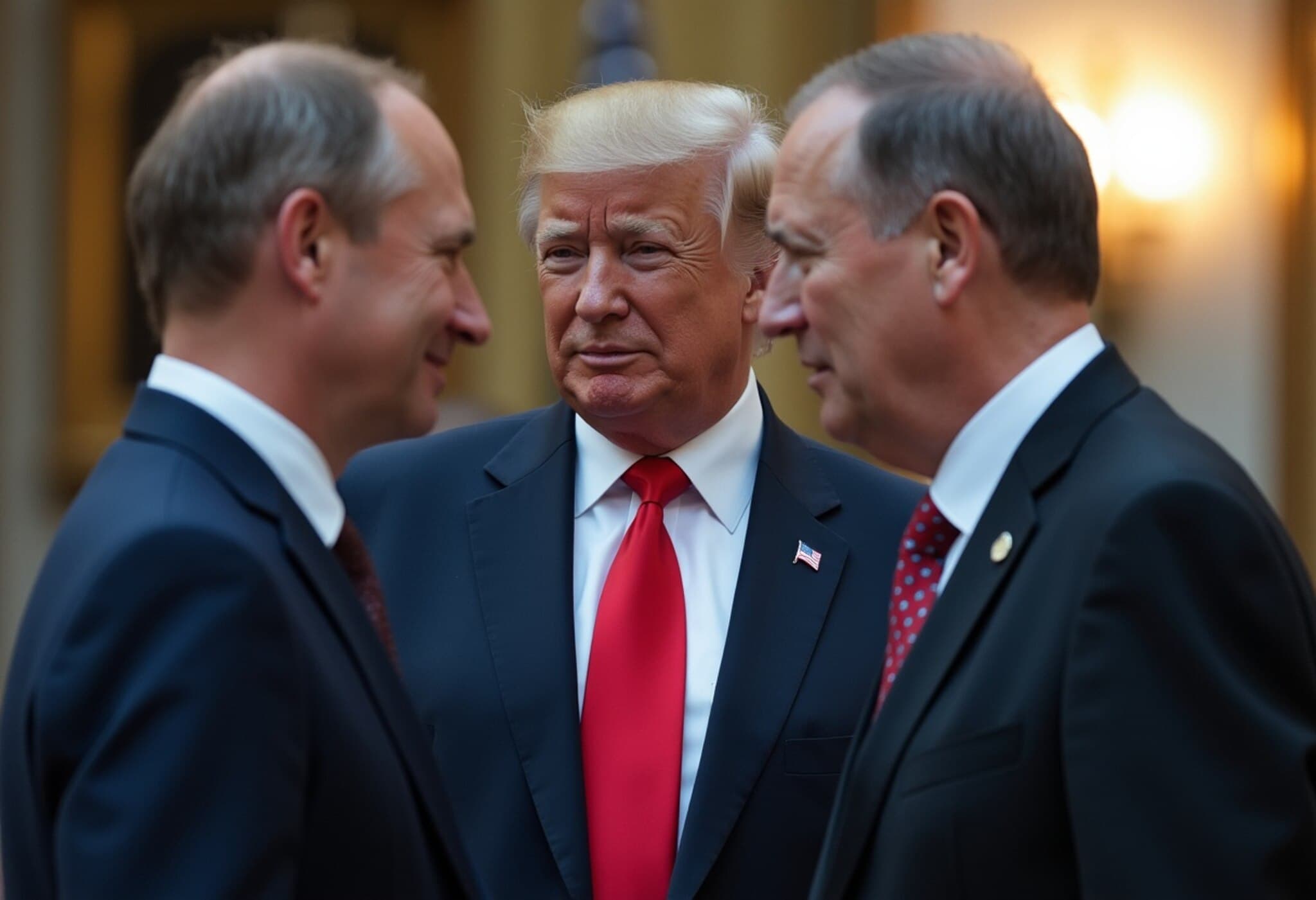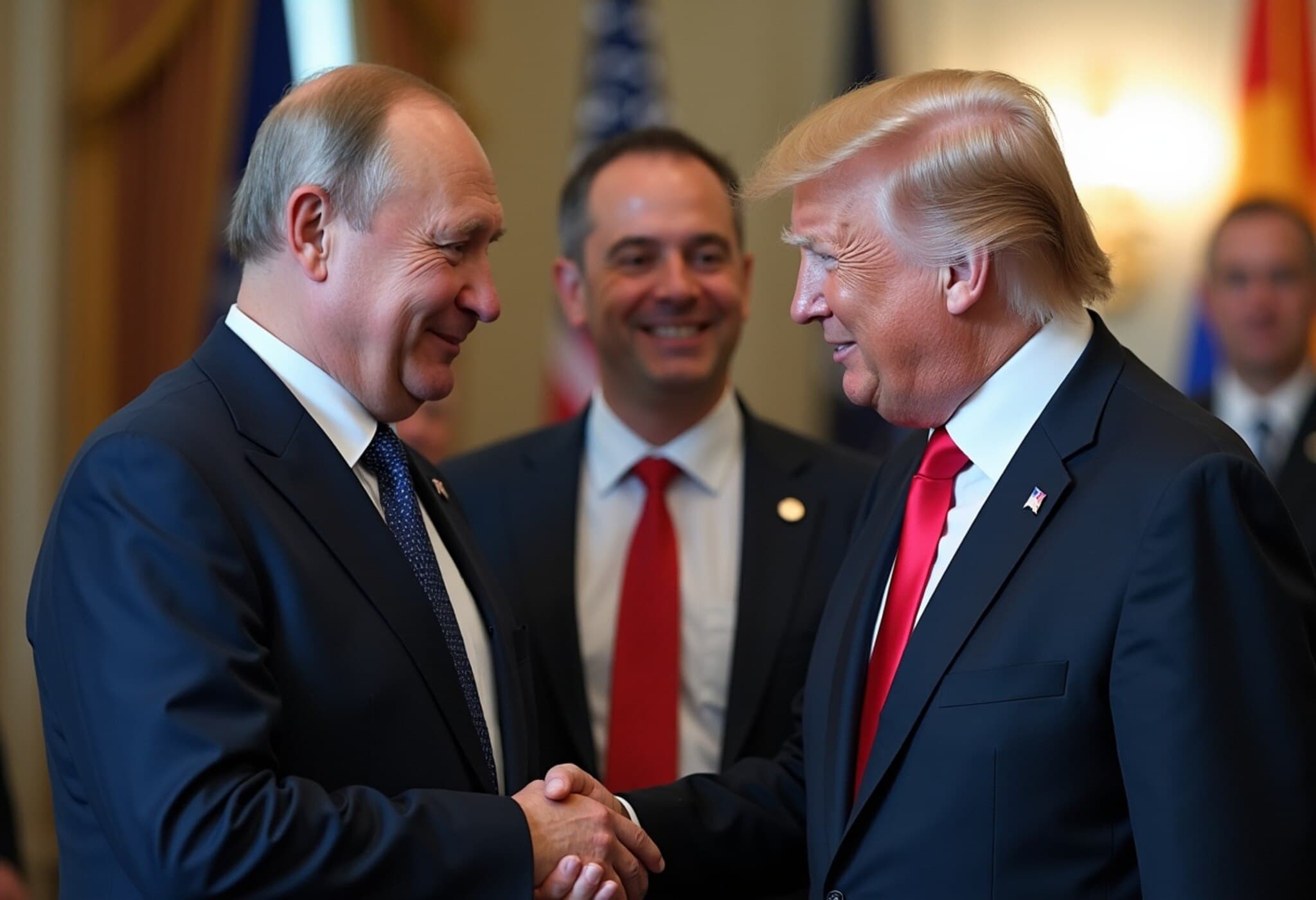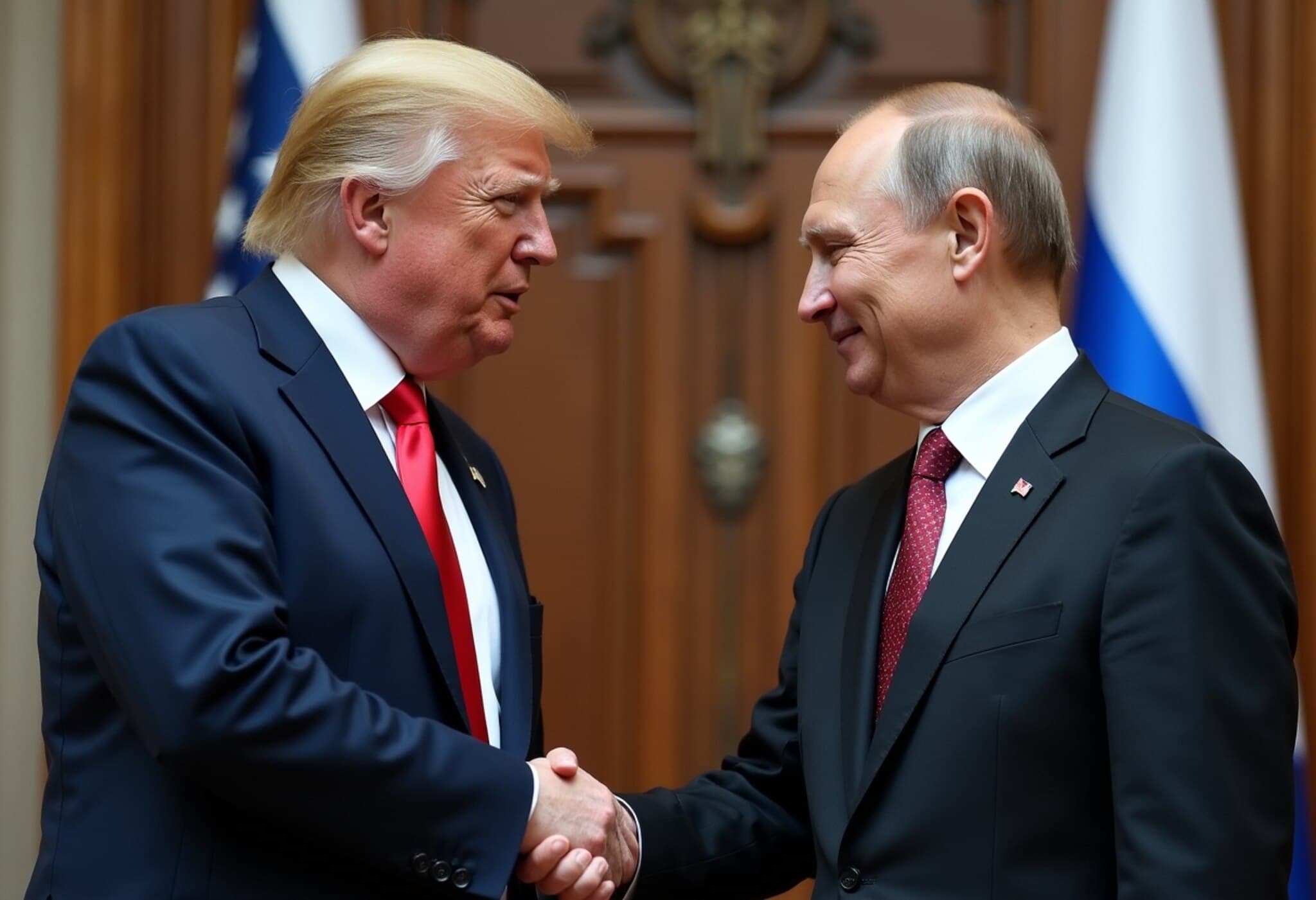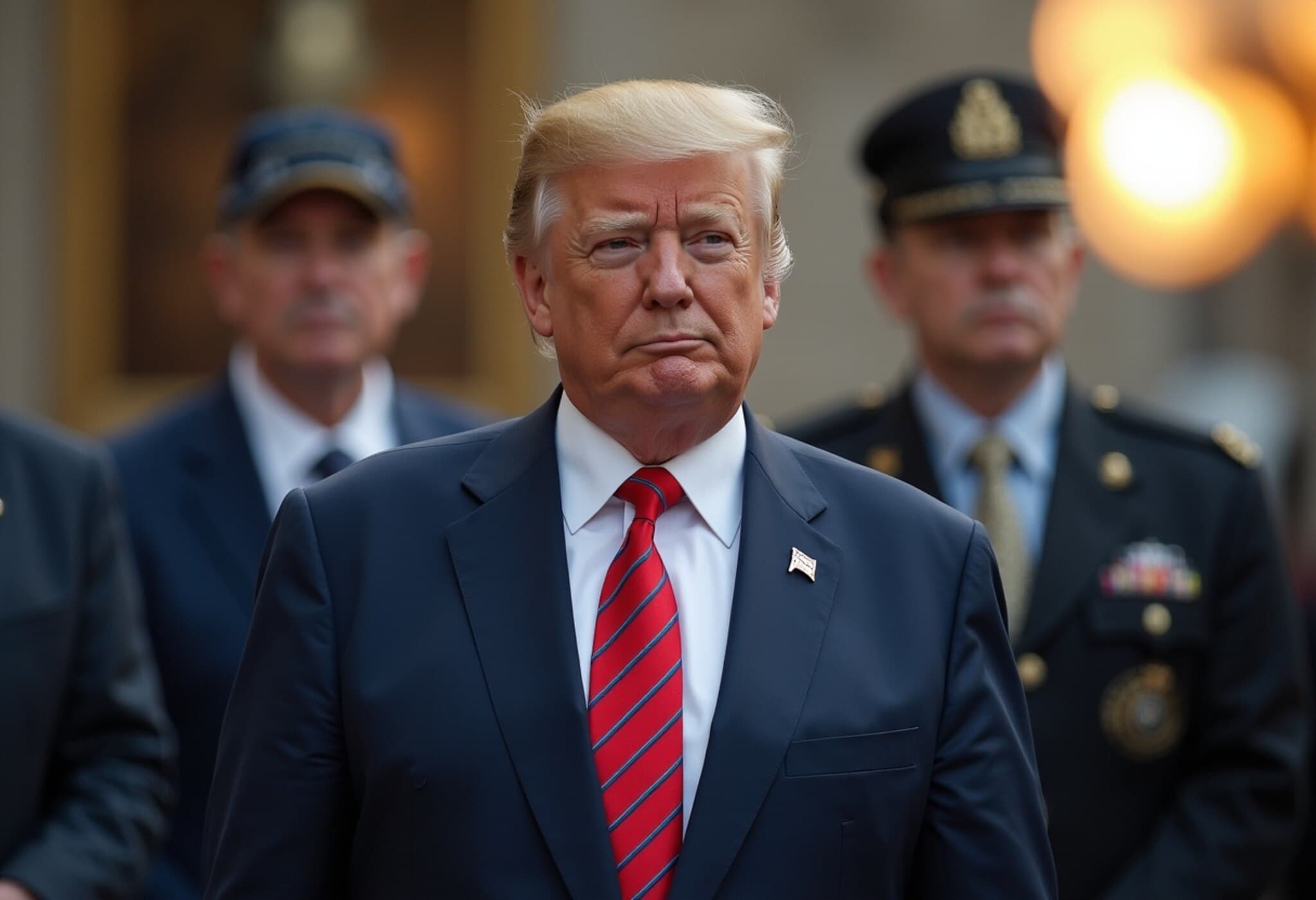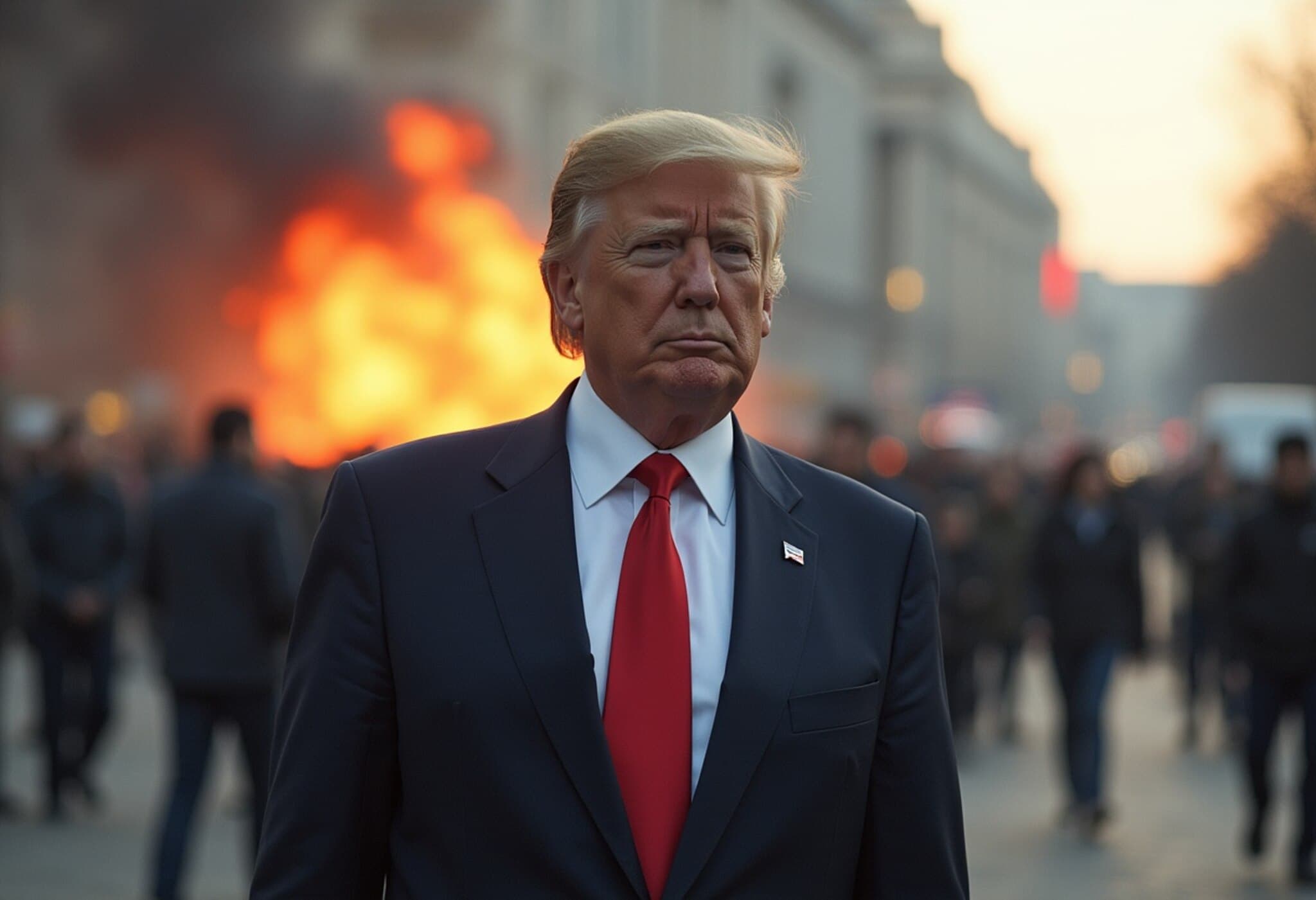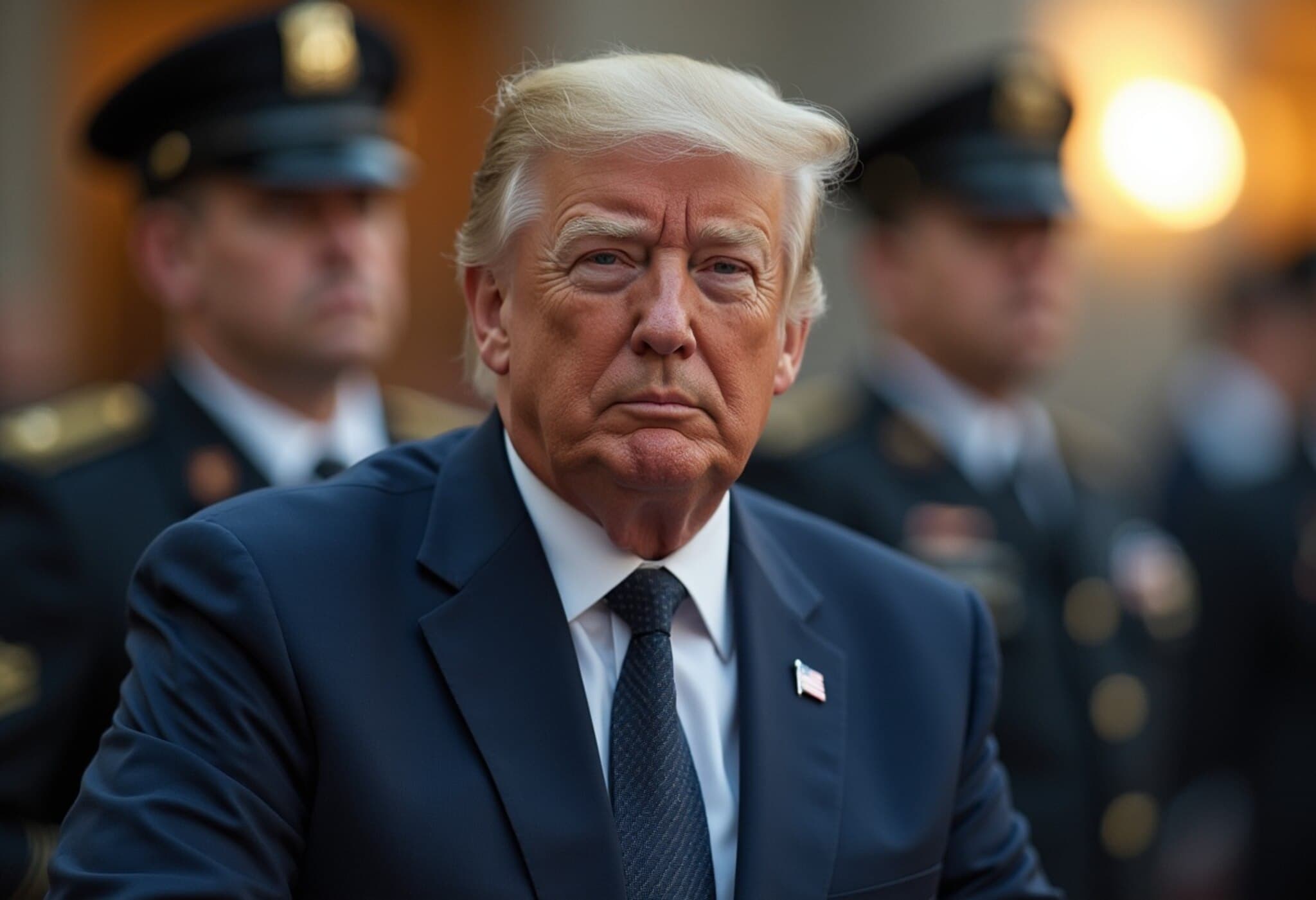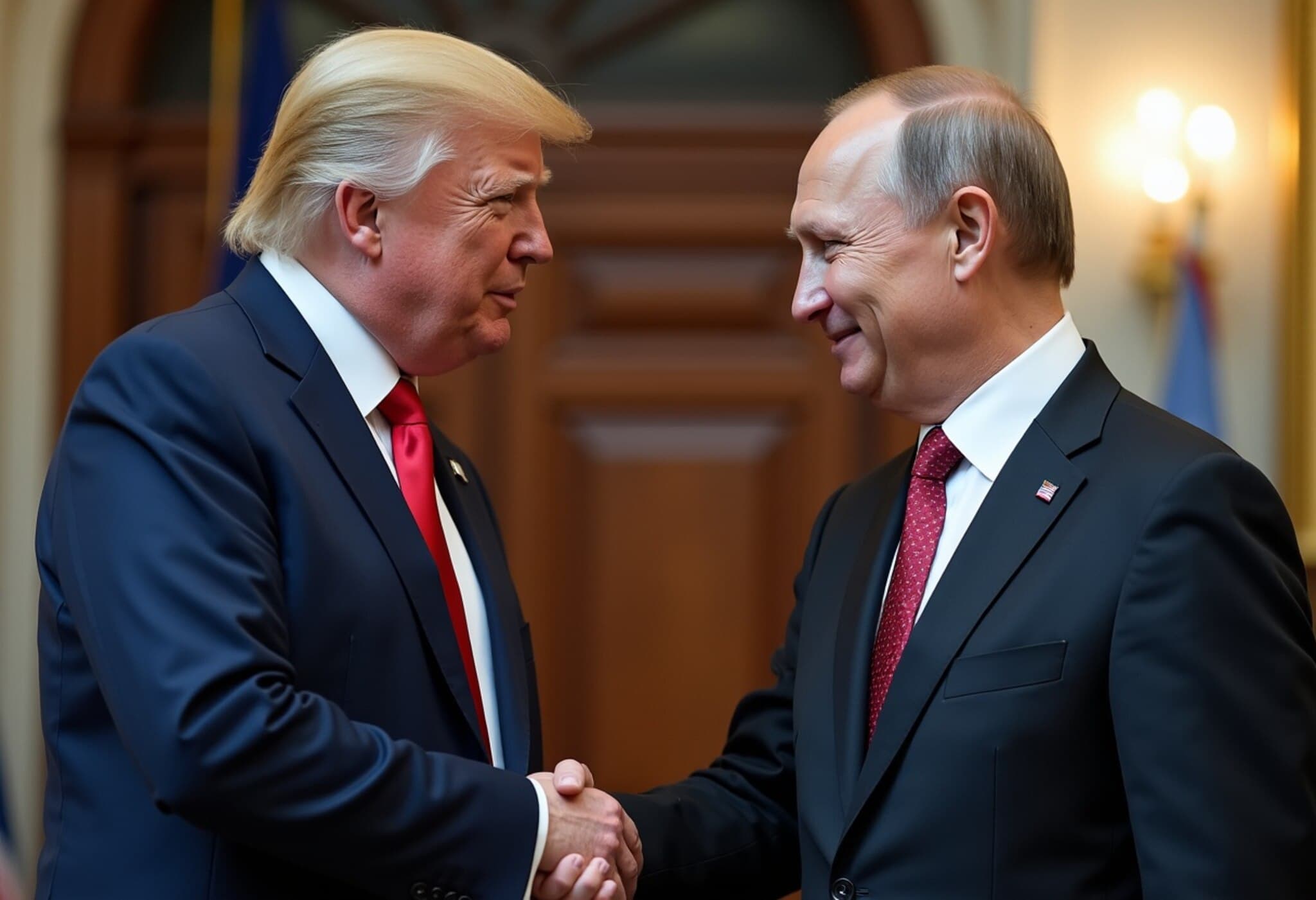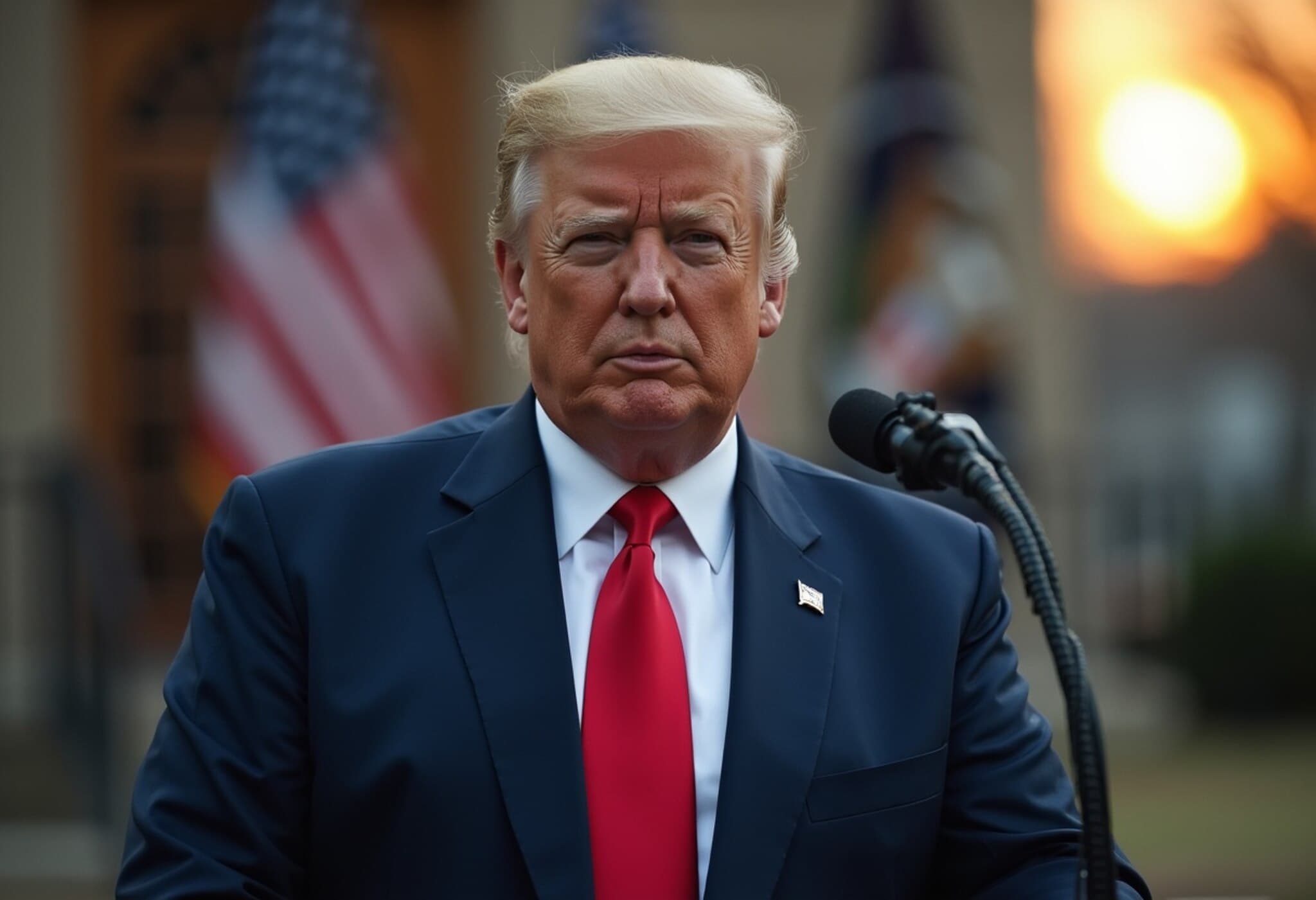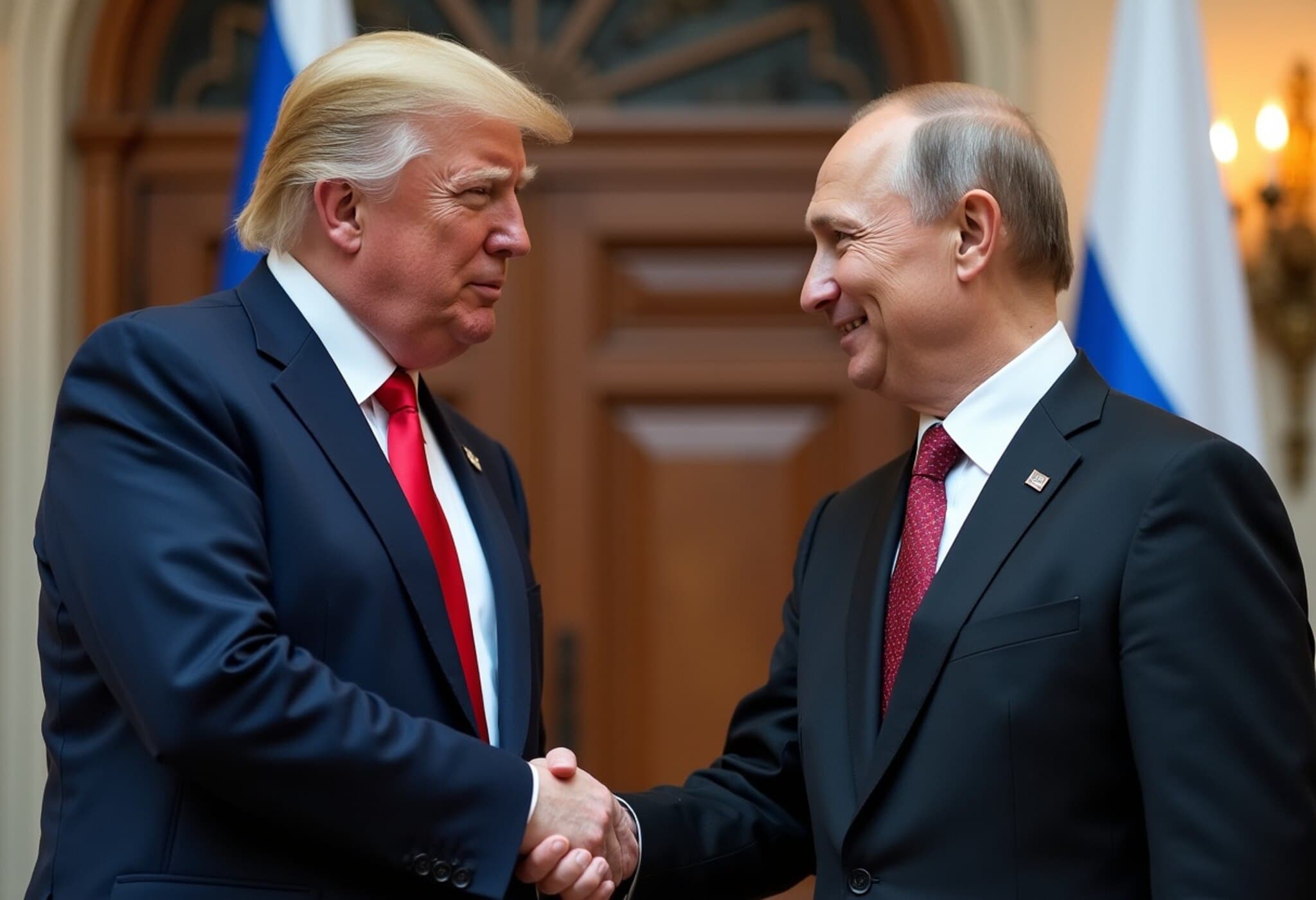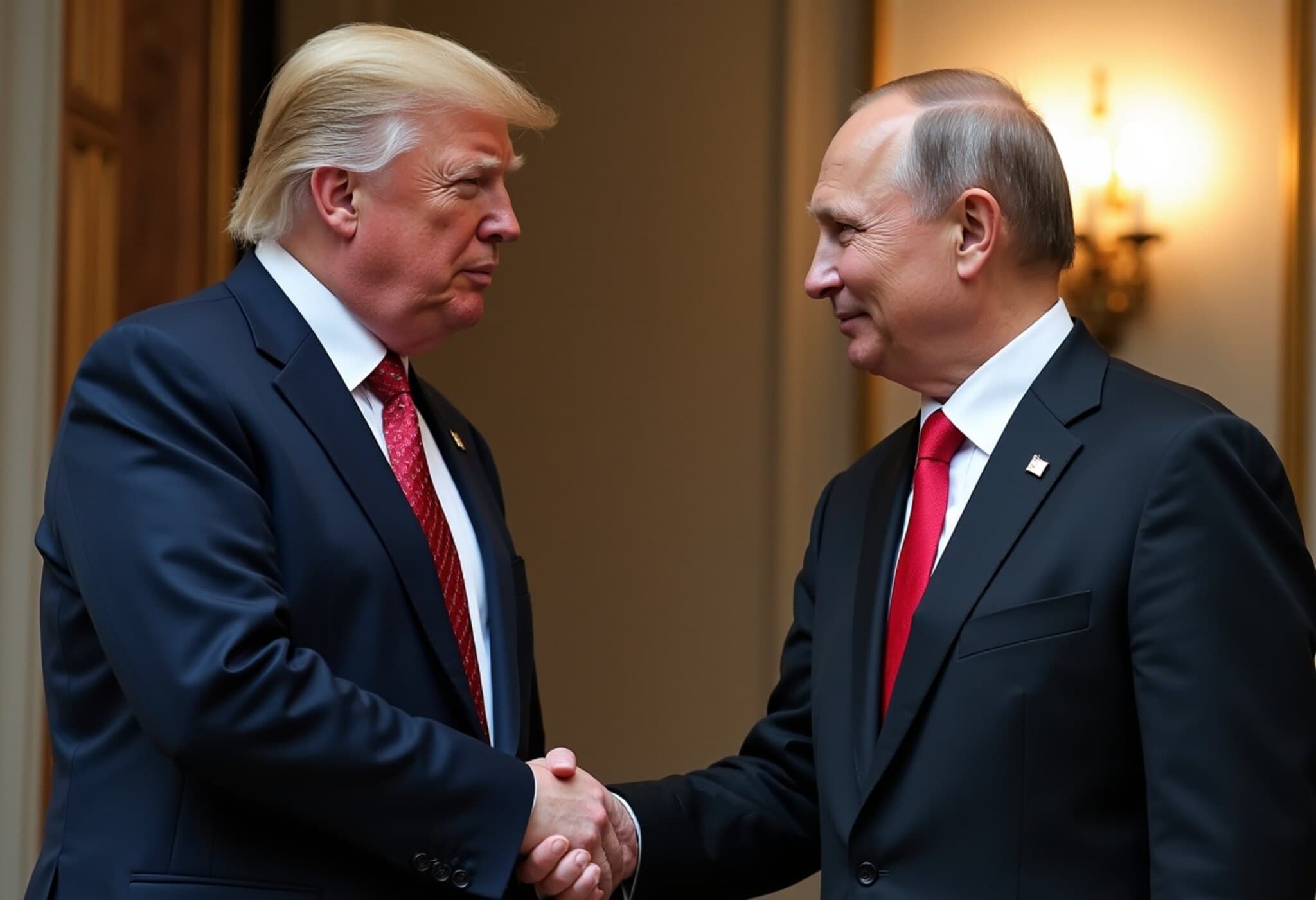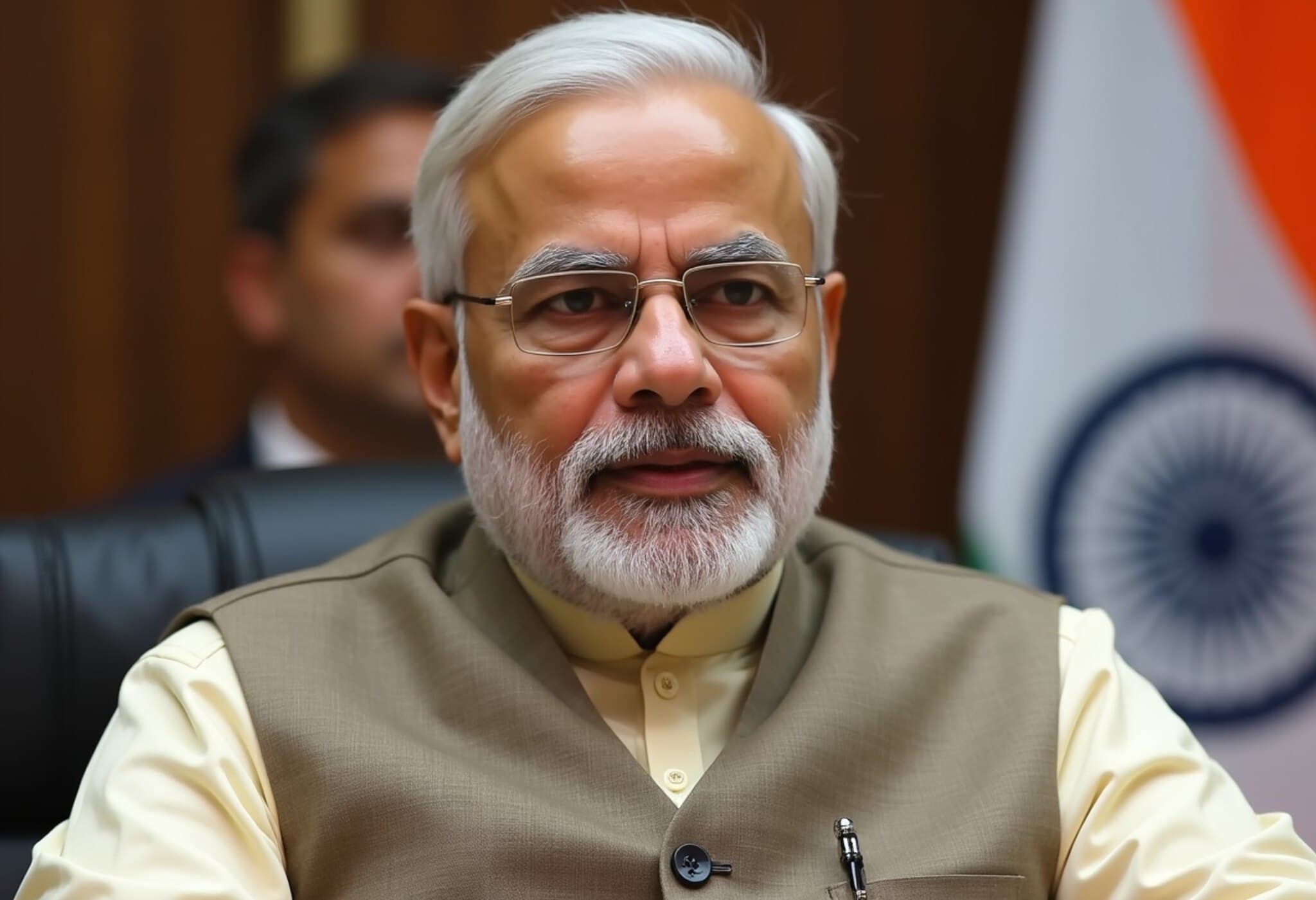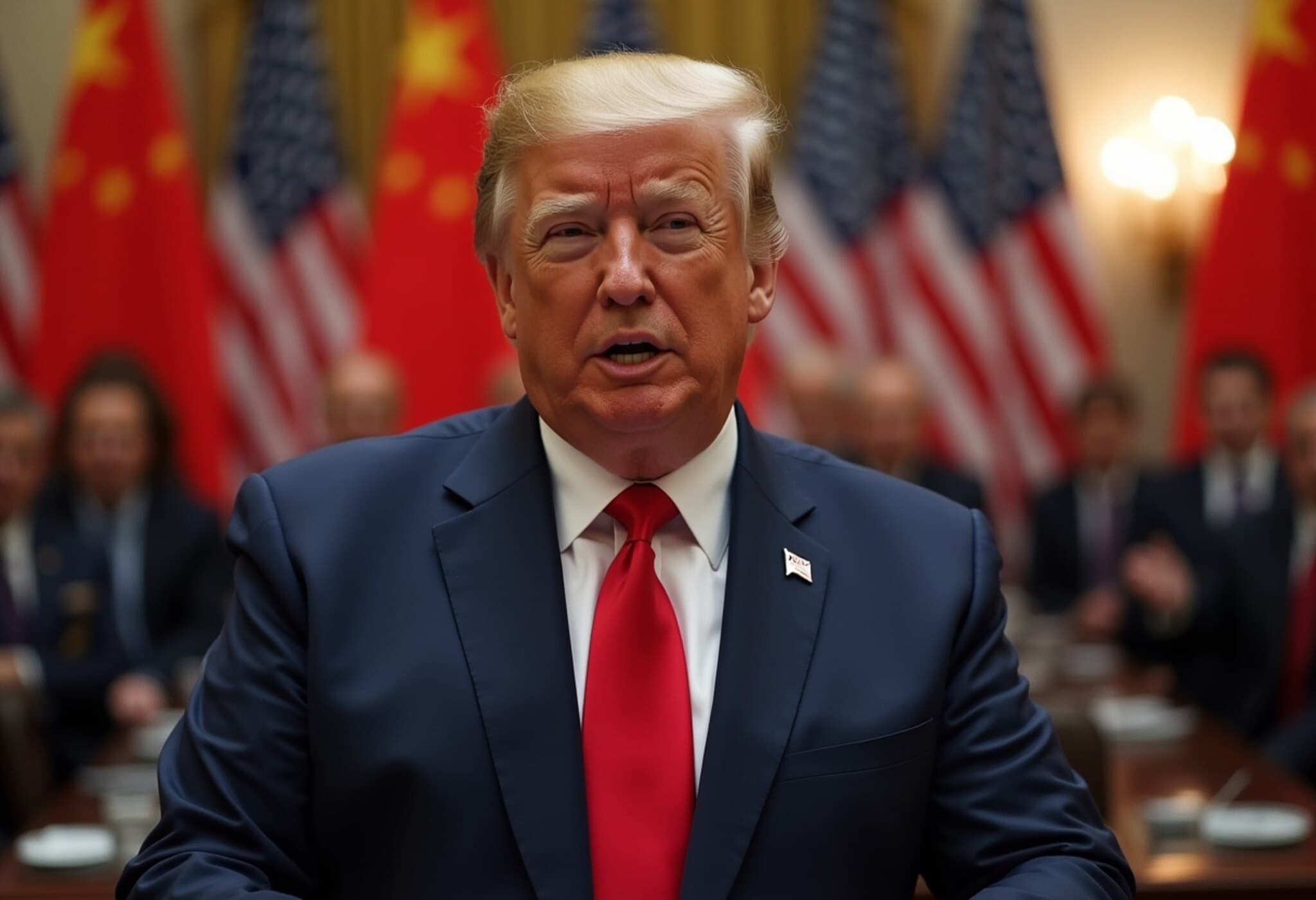Why Ukraine Stands Firm on Donbas Despite Pressure from Russia and International Figures
The ongoing conflict between Ukraine and Russia has thrust the eastern Ukrainian region of Donbas into the center of global diplomatic efforts for peace. As talks for a ceasefire linger without resolution three years into Russia’s full-scale invasion, the question remains: will Ukrainian President Volodymyr Zelenskyy agree to Russia's demand to cede Donbas to end the war?
Despite significant international pressure, including from prominent leaders like former US President Donald Trump meeting with Zelenskyy at the White House, Ukraine shows little willingness to yield on this critical issue. Here, we explore five compelling reasons why Ukraine is unlikely to give up Donbas, shedding light on the conflict’s complexity beyond mere battlefield gains.
Understanding Donbas: A Region at the Heart of Conflict
The Donbas region—comprising the Donetsk and Luhansk provinces—is not only a battleground but a region steeped in historical, cultural, and strategic significance for Ukraine. Since Russia’s 2014 annexation of Crimea and backing of separatist armed groups in Donbas, the region has been embroiled in conflict, culminating in the 2022 full-scale invasion.
1. The Power of Public Opinion: A Population United Against Concession
Polling data from the Kyiv International Institute of Sociology reveals that about 75% of Ukrainians strongly oppose surrendering any part of their territory to Russia, especially formal cession of Donbas. While many accept the reality of losing control over currently occupied areas (de facto loss), they reject the idea of legal acknowledgment (de jure) that those lands belong to Russia.
This stance is not merely emotional but enshrined constitutionally, as Ukraine’s laws explicitly forbid ceding territory. For Zelenskyy, yielding Donbas would mean betraying public trust and violating national law—an untenable political and ethical position.
2. Donbas Is Ukraine’s Strategic Linchpin
Beyond symbolic value, Donbas is an essential industrial and logistical hub, fortified over more than a decade of conflict. Relinquishing it would mean abandoning hard-won defensive positions and allowing Russia to establish a critical foothold for further incursions into the Ukrainian heartland.
This loss would not only diminish Ukraine’s military capabilities but also inflict a severe psychological blow to its armed forces and citizenry, threatening national morale amid a protracted war.
3. Skepticism Toward Land-for-Peace: Lessons from Crimea
Ukraine’s experience with Crimea’s annexation in 2014 casts a long shadow over peace proposals based on territorial compromise. Despite international condemnation, Crimea’s loss demonstrated for Kyiv that giving up land does not guarantee lasting peace.
Analysts warn that surrendering Donbas might embolden Russia to rearm and renew hostilities in the future. This cycle of concessions followed by aggression has made Ukraine’s leadership wary of any deal resembling a land-for-peace bargain.
4. The Moral and Diplomatic Implications of Surrender
For Kyiv, yielding Donbas would grant undeserved legitimacy to Russian justifications for invasion. Russia’s narrative framing the conflict as a protective mission for Russian-speaking populations in Donbas is a core part of Putin’s rationale for war.
Conceding the region could be seen internationally as validating these claims, leading to a profound moral defeat for Ukraine and potentially undermining global support in the long-term diplomatic arena.
5. A Personal and National Legacy at Stake
President Zelenskyy’s connection to Donbas runs deep. He has publicly recounted how his grandfather and relatives fought and sacrificed in this very region during World War II against Nazi forces. This history imbues the conflict with additional weight and personal significance, symbolizing the broader struggle for Ukrainian sovereignty and identity.
For many Ukrainians, surrendering Donbas is not simply a geopolitical decision but a painful national loss that touches on family histories, collective memory, and enduring resilience.
Looking Ahead: What Does This Mean for Peace Prospects?
The stalemate over Donbas is more than a territorial dispute; it reflects fundamental questions about sovereignty, identity, and the future of European security. While diplomatic engagement remains critical, understanding Ukraine’s firm resolve offers insight into why a lasting ceasefire agreement demands more nuanced negotiations than simple territorial concessions.
As the world watches, the stakes for Ukraine are not only about geopolitics but the preservation of a nation’s dignity and democratic aspirations.
Editor’s Note:
While Donbas remains a focal point, this analysis invites readers to consider the broader implications of territorial conflicts in modern warfare. What lessons does Ukraine’s stance offer to other nations facing similar pressures? How do historical memory and public opinion shape national policy in times of war? And importantly, how can international actors support conflict resolution that respects sovereignty without incentivizing aggression?
Ultimately, peace in Eastern Europe necessitates navigating deep-seated grievances, strategic interests, and human stories interwoven within Ukraine’s fight for its future.


